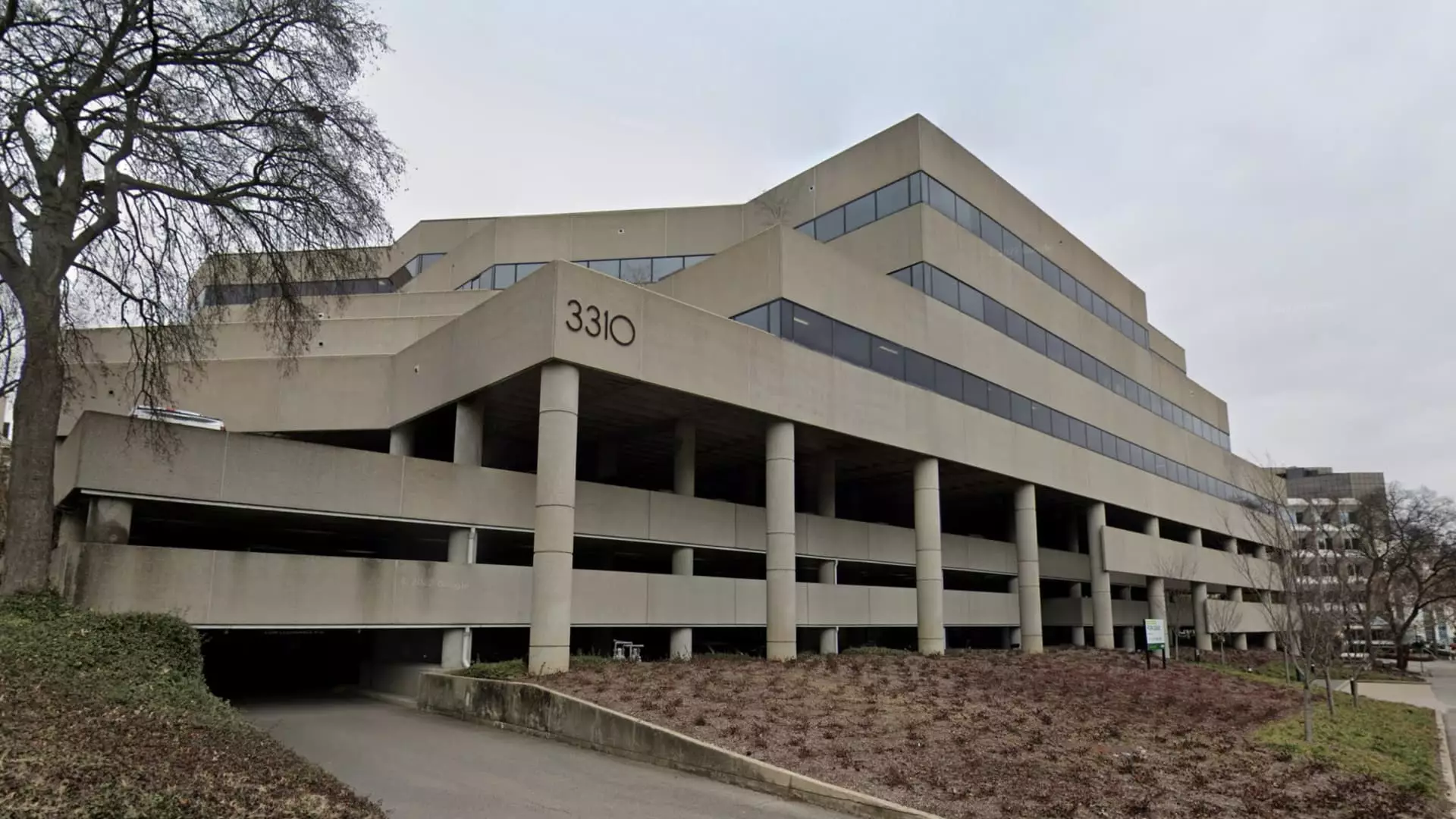Healthcare Realty Trust (HRT) operates within the niche of real estate investment trusts (REITs), representing a specialized sector focused on healthcare-related properties. With a portfolio of nearly 700 properties totaling over 40 million square feet, HRT largely concentrates its efforts on medical outpatient buildings adjacent to or on hospital campuses. This strategic positioning in high-growth markets allows the firm to cater to a diverse tenant mix, including over 30 physician specialties. However, as we dive deeper into the current state of the company, it becomes evident that significant challenges are looming which warrant a closer examination of its operational efficiency and overall corporate management.
As of 2024, HRT’s market capitalization stands at approximately $6.38 billion, with shares priced at $17.99 each. Despite an apparent robust market cap, the company faces hurdles that may undermine shareholder confidence. Notably, the recent reveal of significant operational inefficiencies is alarming, as property operating expenses have escalated from 31% to 37%. This percentage surpasses that of its peers, indicating a troubling trend that could deter prospective investors. Furthermore, funds from operations (FFO) yield stands at a substantial 9%, significantly exceeding the 5% to 6% average of competitors in the field, highlighting the urgent need for operational rectification.
Activist investor Starboard Value recently disclosed a 5.90% stake in HRT, aptly catalyzing discussions around the firm’s operational future. Starboard’s impressive track record in influencing corporate strategies and driving margins higher adds a layer of scrutiny to HRT’s internal practices. Historically, Starboard has engaged in a total of 155 campaigns, boasting an average return of 23.37%—a compelling contrast against the Russell 2000’s 14.29%. The firm’s involvement could usher in essential changes that elevate shareholder value through potential restructuring. However, this activism arrives at a precarious juncture, with HRT’s long-serving CEO, Todd Meredith, recently stepping down.
Healthcare Realty Trust stands at a significant crossroads, with two potential paths forward: restructuring as a standalone entity or seeking acquisition. The latter could embody a much quicker solution to enhance operational efficiency and strengthen financial performance. Given the declining stock price—down over 15%—and the lack of adequate integration following the merger with Healthcare Trust of America (HTA), the push for revitalization is essential. The previous merger has led to an unsatisfactory cap rate situation, which many analysts view as a worrisome indicator of management’s ability to execute strategic initiatives effectively.
The proposed strategic acquisition route holds promise, particularly as larger companies like Welltower and Healthpeak express interest in acquiring HRT. These companies typically benefit from lower costs of capital and exhibit more favorable cap rates, ranging from 5% to 5.5%. Welltower already made a notable offer of $31.75 per share shortly after HRT’s merger efforts with HTA—an offer that showcased market interest and challenged the intrinsic value currently held by HRT.
For HRT to thrive once more, the governance structure must adapt to current challenges. Key decisions lie ahead, primarily in appointing a new CEO capable of steering the company towards an operational turnabout. Central to this transition is how the current board engages with Starboard Value. Shareholders will be observant of whether the board acknowledges the urgency for a review and potential overhaul of its strategic direction. If the board can align with Starboard’s focus on enhancing operational efficiencies while simultaneously evaluating takeover prospects, the company may regain some footing in a competitive market.
It is not immediately clear whether HRT’s management will view Starboard’s campaign as a threat or as an opportunity for collaboration. However, embracing an activist approach could fortify governance, promoting a foundation for sustainable growth, whether through independent optimization or securing a favorable acquisition.
Healthcare Realty Trust’s trajectory is laden with uncertainties; nevertheless, a deliberate and reflective evaluation of operational practices along with proactive governance can carve a path toward recovery and success. Investors will keenly observe how effectively the board can manage its relationship with Starboard and determine the best strategic course. With potential interest from larger acquirers on the horizon, there lies an undeniable opportunity for HRT to not only stabilize its operations but potentially thrive amidst the challenges. The coming months are critical, and stakeholders will be watching closely as Healthcare Realty Trust seeks to reaffirm its value proposition in the ever-evolving real estate landscape.

